The University of Michigan-Shanghai Jiao Tong University Joint Institute (UM-SJTU JI, JI hereafter) students teams delivered excellent results in the 10th Shanghai College Students Mechanical Engineering Innovation Competition, claiming two first prizes and three prizes, according to a recent official announcement of the event.
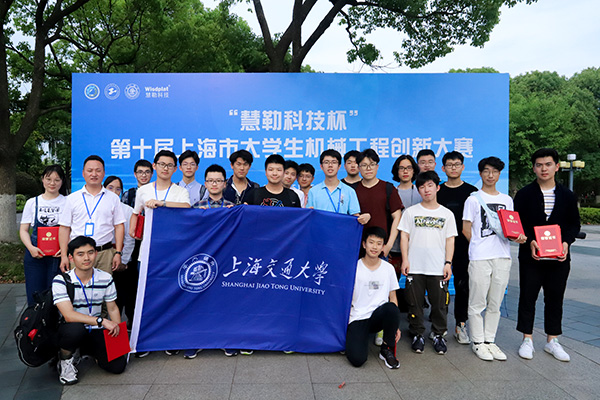

The grand final of the competition was held from May 14 to May 15 on the Songjiang Campus of Shanghai University of Engineering Science. Based on assessment of the expert panel, the “Cyber Lavoisier” – Remote Chemistry Experiment Teaching System team consisting of four JI freshmen and the Research and Design of UAV Transport Device for Emergency Medical Deployment team consisting of four JI sophomores were awarded First Prize, while three other JI teams were awarded Second Prize.
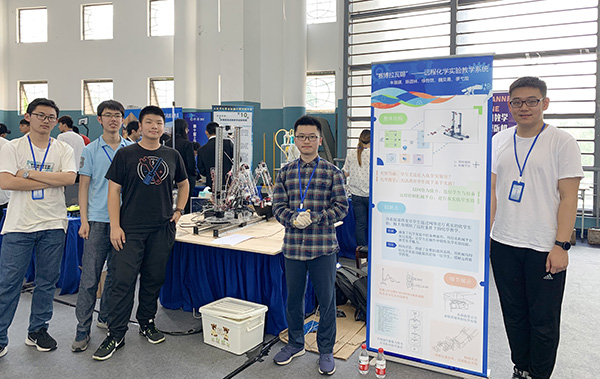

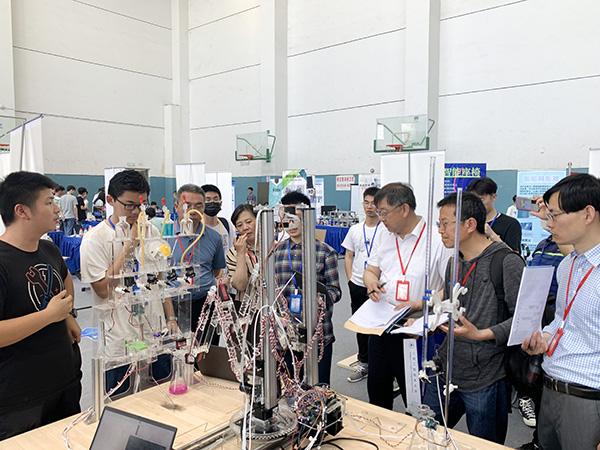

The “Cyber Lavoisier” – Remote Chemistry Experiment Teaching System is mainly used for aiding the teaching of Chemistry experiments under remote conditions, enabling every student with an Internet connection to actively experience Chemistry from anywhere. The system consists of two major components: mechanical experiment platform and network framework. The overall project is an innovative combination of mechanical structures and modern web-based applications, eventually enabling students to carry out real Chemistry experiments through the Internet, dramatically supplementing Chemistry teaching under remote conditions.
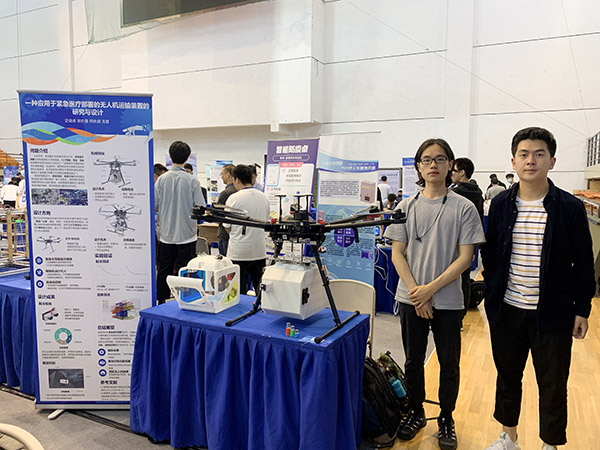

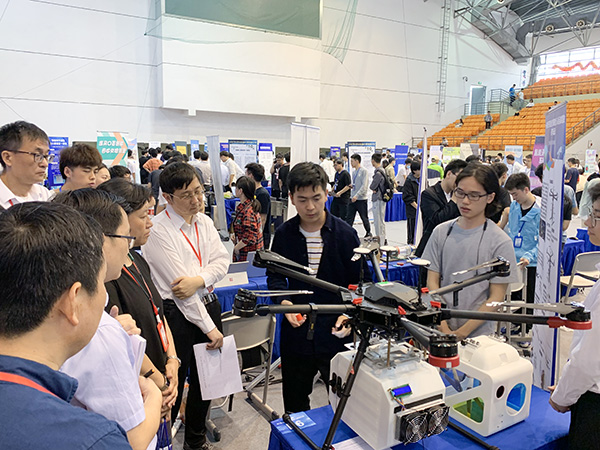

The Research and Design of UAV Transport Device for Emergency Medical Deployment project serves to ensure the continuous supply of medical materials for emergency medical deployment when the ground traffic is inconvenient. The project reduces the cost of design, ensures the rapid reaction of the device, achieves the effect of cooling and heat, and maximize the utilization rate.
A total of 180 teams and 186 projects took part in the competition sponsored by Shanghai Municipal Education Commission. The competition under the theme of “wisdom and security” requires the students to design and manufacture in the field of “intelligent health protection machinery” or “intelligent machinery for teaching” in the context of the global COVID-19 pandemic.






































